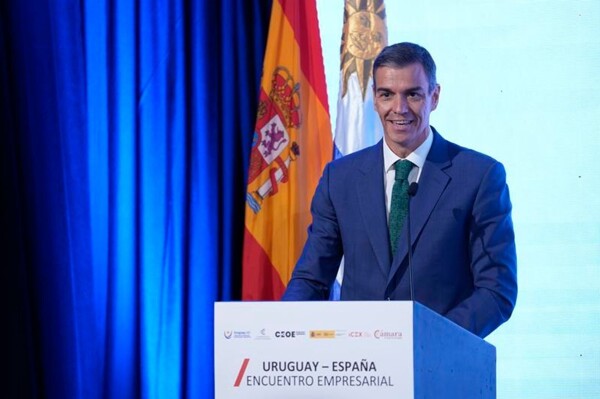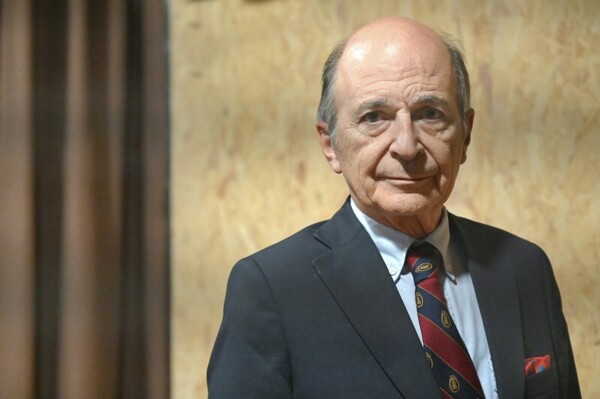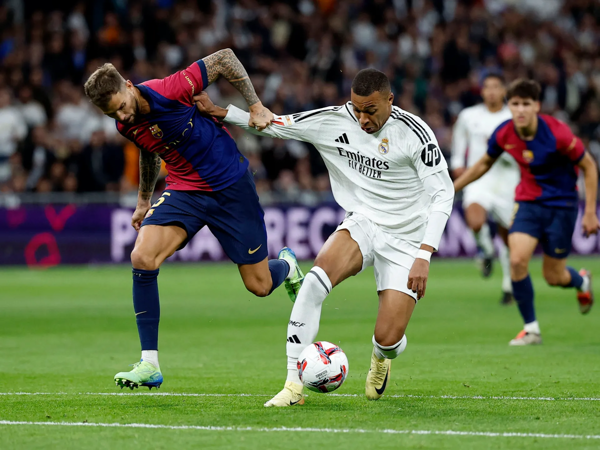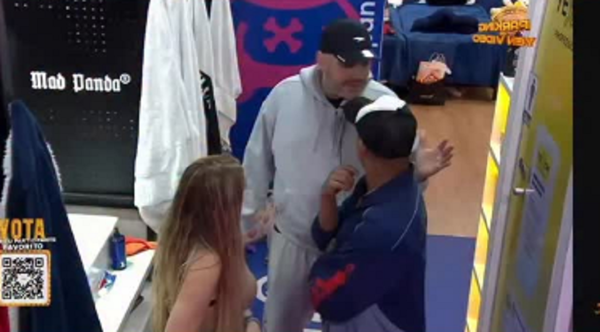
The clashes between Gerardo Cuerva and Antonio Garamendi, leaders of the business organizations Cepyme and CEOE respectively, have intensified in recent months. Business sources have revealed to Europa Press that the limitation of delegated voting in Cepyme could face challenges, as it did not have the approval of the Executive Committee as established by the Statutes.
The Executive Committee of Cepyme overwhelmingly rejected the proposal to limit delegated voting before it was presented at the board meeting, where it was finally approved. The modification of the internal regulations seeks to ensure that the vote is "free and secret" and to align with similar organizations such as CEOE and ATA, where the delegation of vote is not unlimited.
Gerardo Cuerva, who ends his term in March, has announced his intention to run for re-election. His decision to eliminate delegated voting may be challenged in light of this situation. Antonio Garamendi, for his part, announced that he will present an alternative candidate in the Cepyme elections.
In January, Cuerva urged to avoid divisions among business organizations in light of government decisions affecting companies. The limitation of delegated voting comes before a presidential election where Cuerva and at least one other candidate, backed by Garamendi, will compete for the presidency of Cepyme.
The proposal to modify the regulations aims to guarantee free participation in decision-making processes and prevent external pressures in elections. Cuerva was re-elected president of Cepyme in 2021, and Garamendi offered him an international position in CEOE to promote his exit from the presidency of Cepyme, a proposal that did not succeed. Gerardo Cuerva took over the presidency of the SMEs' employer association in 2019, replacing Garamendi.














